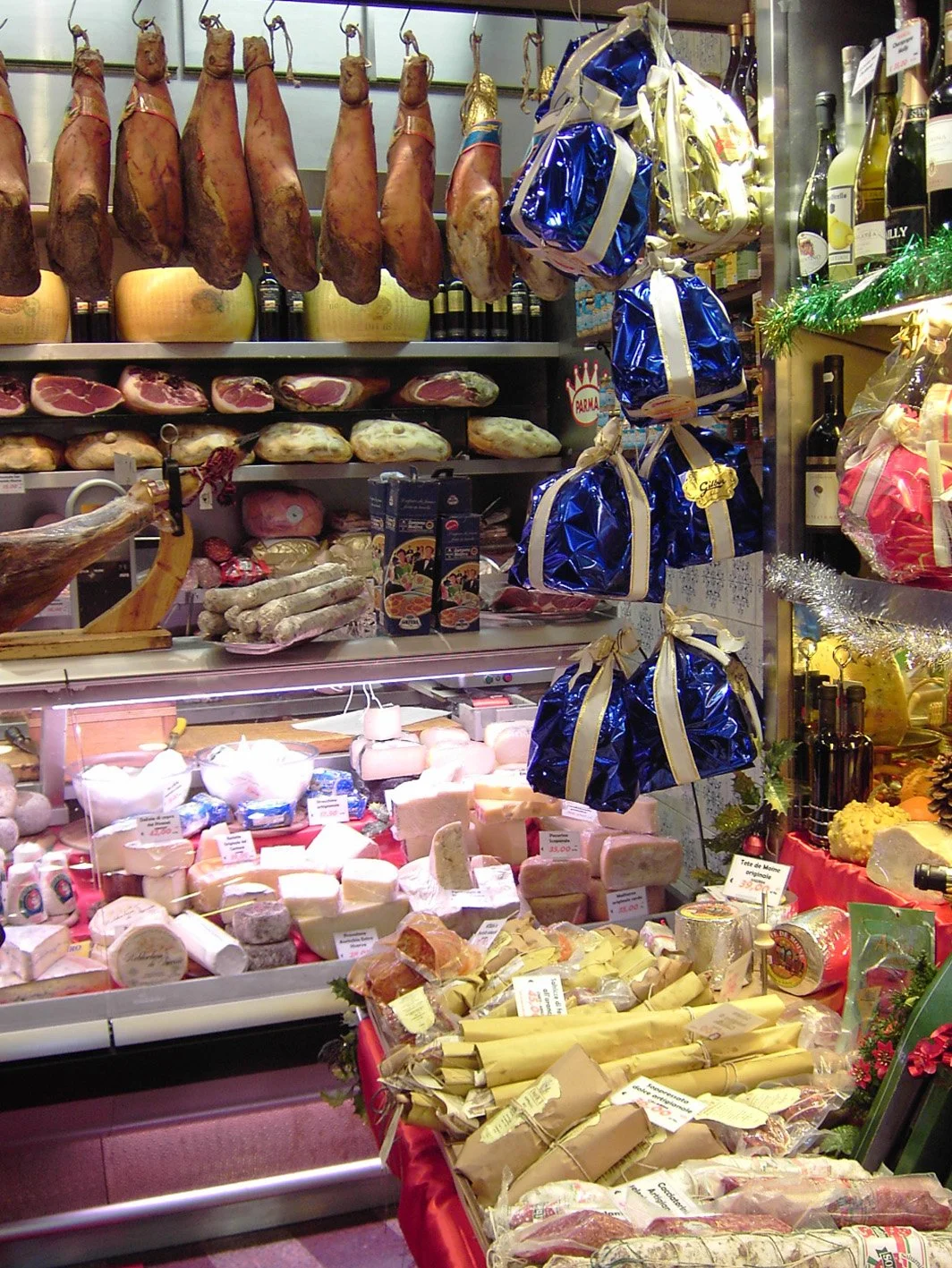5 German Words Used In Canadian English, Part I
– C1-C2 (advanced) –
Practice Your Listening Comprehension
Practice Your Reading Comprehension
One of the reasons that makes English such a viable option as a lingua franca is the fact that it has been influenced by hundreds of languages, which have shaped its grammatical structures, pronunciations, spellings, and vocabularies. German is very much one of these tongues, which some could argue is actually a foundational influence, or even origin, of the English language. Such can be observed in the many German loan words that populate English. With this in mind, we are going to take a gander at five common German words used in the English language, more specifically, the Canadian variant of the English language.
KINDERGARTEN
First coined by German Educator Friedrich Fröbel in 1837, the word “kindergarten” literally translates to English as “children’s garden.” This phrase summed up what Fröbel believed about childhood education, that it should be a natural experience enjoyed outdoors; children should grow and learn just as plants and animals grow and learn.
Since the first implementation of this ideology in Bad Blankenburg, Thuringia, Germany, the term “kindergarten” has been used globally, notably in the anglosphere. In Canada, “Kindergarten” (with a capital K), is the name of the first official year of the formal education system. Children aged 4 or 5 must be enrolled in this grade level to begin the development of their cognitive, emotional, social, and physical abilities through activities focused on language learning, communication, problem solving, creativity, socialization, and collaboration. These skills act as the foundation for not only the subsequent academic year in elementary school, called Grade 1, but also for each year thereafter.
As one can see, “Kindergarten” is not only a German word, but a very common word used in the Canadian English vernacular.
DELICATESSEN
More commonly shortened to “deli (informal)” in Canadian English, “delicatessen” (standard) is a German word (“delikatessen”) that refers to delicacies: artisan prepared foods, often and distinctly from other cultures. This concept originally came to the German language via French (“délicatesse”), which was inspired by Italian (“delicatezza”), which found its origins in Latin (“delicatus”, meaning “delightful” or “something that gives pleasure”).
In Canadian English, the word “delicatessen” has been popularly used since the mid-19th century. Nowadays, its meaning has evolved to refer to specialty stores or grocery store departments that serve a variety of cheeses and processed meats. If you are buying food for the week in Canada, you are likely to visit a deli. As such, this word sees much use in Canadian English-speaking society.
“Picture from a delicatessen.” Image courtesy of CC BY-SA 3.0, Wikimedia Commons.
ANGST
Another word with much use in Anglo-Canada is “angst,” a German word that refers to the apprehension one feels when one experiences anxiety, dread, insecurity, or fear in general. In Canadian English, the meaning of “angst” slightly changes, referring more so to the unwanted expression of negative emotion (e.g., sadness, depression, anger, anxiety, fear, insecurity, struggle, etc.). It is used when either people don’t want others to show or have negative emotion in a particular moment, or when someone does not want to experience that, themselves, in general. Most commonly, it is used in a fixed expression, “teenage angst,” to refer to the mentally tumultuous time experienced by most of us in adolescence.
“Visual representation of angst.” Image courtesy of Luiz Rogério Nunes on Unsplash.
GESUNDHEIT
Most languages have an expression that is typically said after someone sneezes. English has “bless you,” but it also has “gesundheit,” a German word that means “health,” which is also used in its original language to wish someone good health after a good sneeze.
“A person sneezing” image courtesy of Towfiqu barbhuiya on Unsplash.
DOPPELGÄNGER
While this word might seem less common than the previous ones mentioned in this post–and it is–it is still considered a relatively popular word to hear in English-speaking Canadian society, particularly in informal settings.
“Doppelgänger” literally means “double-walker” in German, a reference to a ghostly lookalike of a living person. However, “doppelgänger” refers to more than just the supernatural, it also has a definition that refers to an unknown person who looks very similar, almost identical, to someone you know, including yourself. This is the definition that Canadian English borrows. If you see an uncanny resemblance of yourself or a friend/family member walking down the street, living their life, you have just come across your/their doppelgänger.
Does your native language borrow any German words? What words are they? Have you ever seen someone’s doppelgänger? Whose was it and where did you find them? Practice your English by letting me know in the comments below.


